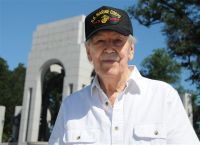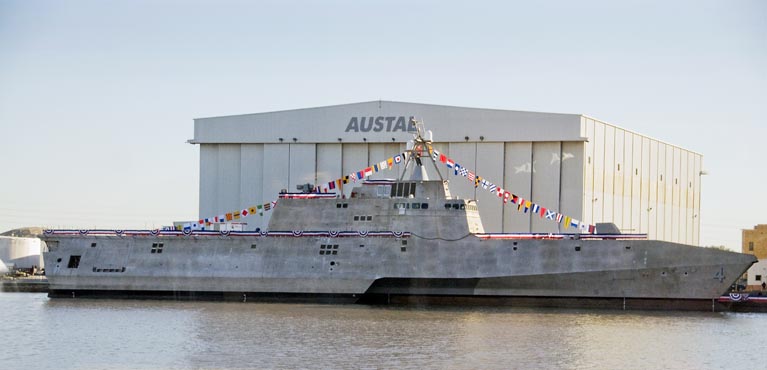WASHINGTON — John J. Kushwara didn’t have to risk his life.
Unlike many of his fellow recruits at Camp Lejeune, N.C., in 1944, the 24-year-old Kushwara had volunteered to don the uniform and go to war. It was a choice, technically, but he didn’t consider it much of one. Though he had a perfectly good job at the time, he said, he knew his country needed him.
“I felt it was my duty to go,” he said. “I told my foreman if he didn’t let me go, I was going to quit. So he let me go.”
But fortune smiled on Kushwara after he enlisted. He had to take some leave during training to tend to his wife, who was sick at the time. The night before he returned to Camp Lejeune, his unit was sent to war, ultimately to Iwo Jima. Two friends he had planned to meet up with after the war didn’t make it back from the Pacific front.
At Lejeune, Kushwara became a bit of an oddity. Leadership didn’t know what to do with him, he said, so he ended up repeating infantry training 11 times. By the end, he joked, he was untouchable, because he knew the training course so well.
“I went through so many times, I knew where all the booby traps were,” he said.
His extensive infantry training came in handy when he finally was assigned to a new unit and sent to the Pacific. Thirty-one days on a boat took him to Okinawa, where he fought enemy soldiers and vicious weather.
“I went through a tidal wave and a typhoon in Okinawa. … I was only 24. I never thought I’d make it home,” Kushwara said. “We lived in a tomb for a while [to escape the weather], and had a truck parked outside. When the storm was over, the truck was gone. The waves took ships out of the water and put them on land.”
At one point on the island, Kushwara recalled, he had a moment of profound irony. Early into his time on Okinawa, he lost his dog tag.
“Later on, I was in the chow line, and I found a tag on the ground,” Kushwara said. “I was scratching the surface of it, and I [turned] to the fellow in front of me and said ‘Here’s a poor bastard [who] got killed,’ and it was my own dog tag.”
A few years ago, in his hometown of Wallingford, Conn., Kushwara was honored at the celebration of the Marine Corps birthday. He took part in the cake-cutting and was central to a ceremony with a young Marine, a moment he said he found very touching.
“I’m proud that I was a Marine. I’m proud that I stood for my country,” he said. “I could have stayed home, but I felt it was my duty to go. I’m very proud. Very, very, proud.” (“Veterans’ Reflections” is a collection of stories of men and women who served their country in World War II, the Korean War, the Vietnam War, operations Desert Shield and Desert Storm, and the present-day conflicts. They will be posted throughout November in honor of Veterans Day.)
Source:
U.S. Department of Defense
Office of the Assistant Secretary of Defense (Public Affairs)

 von
von 

